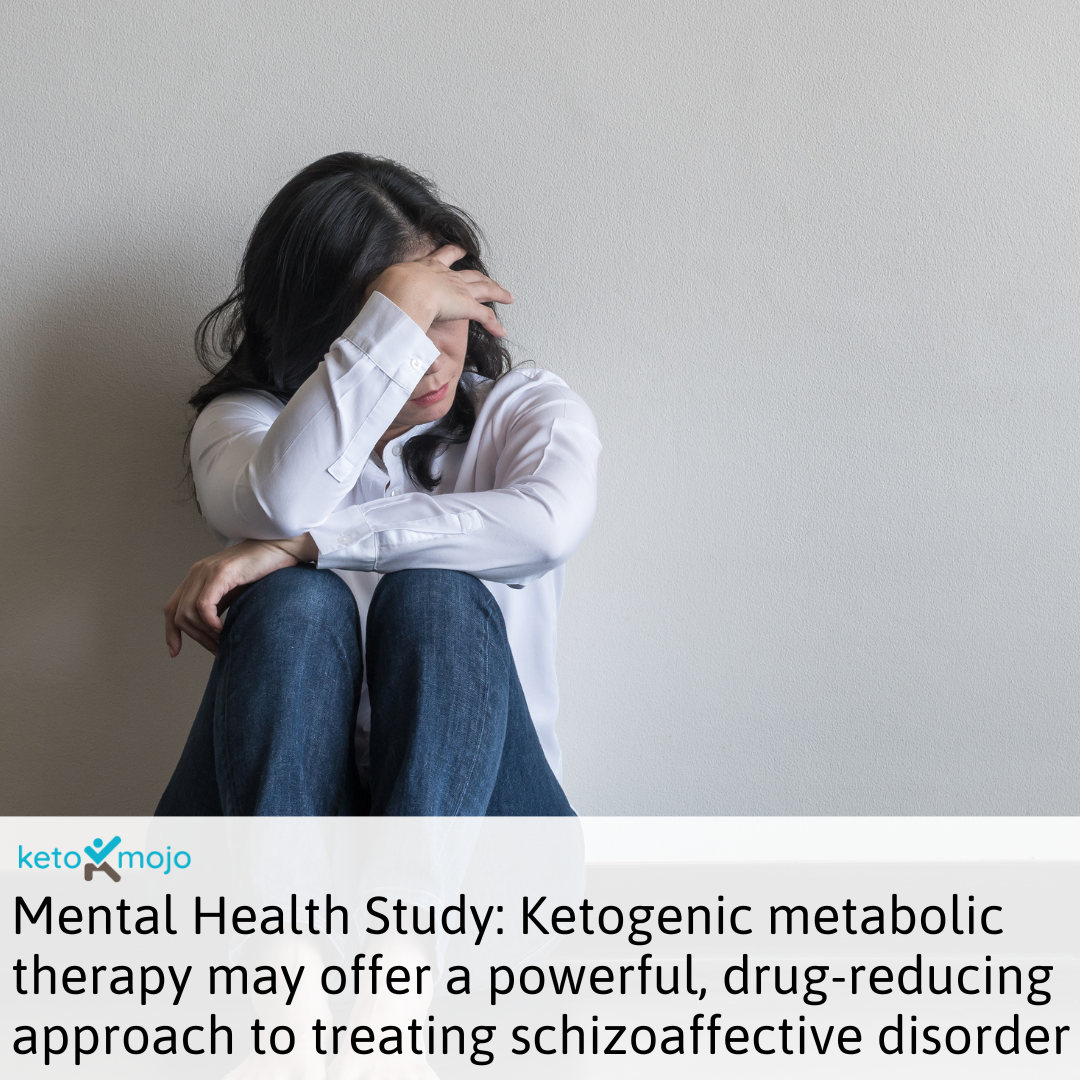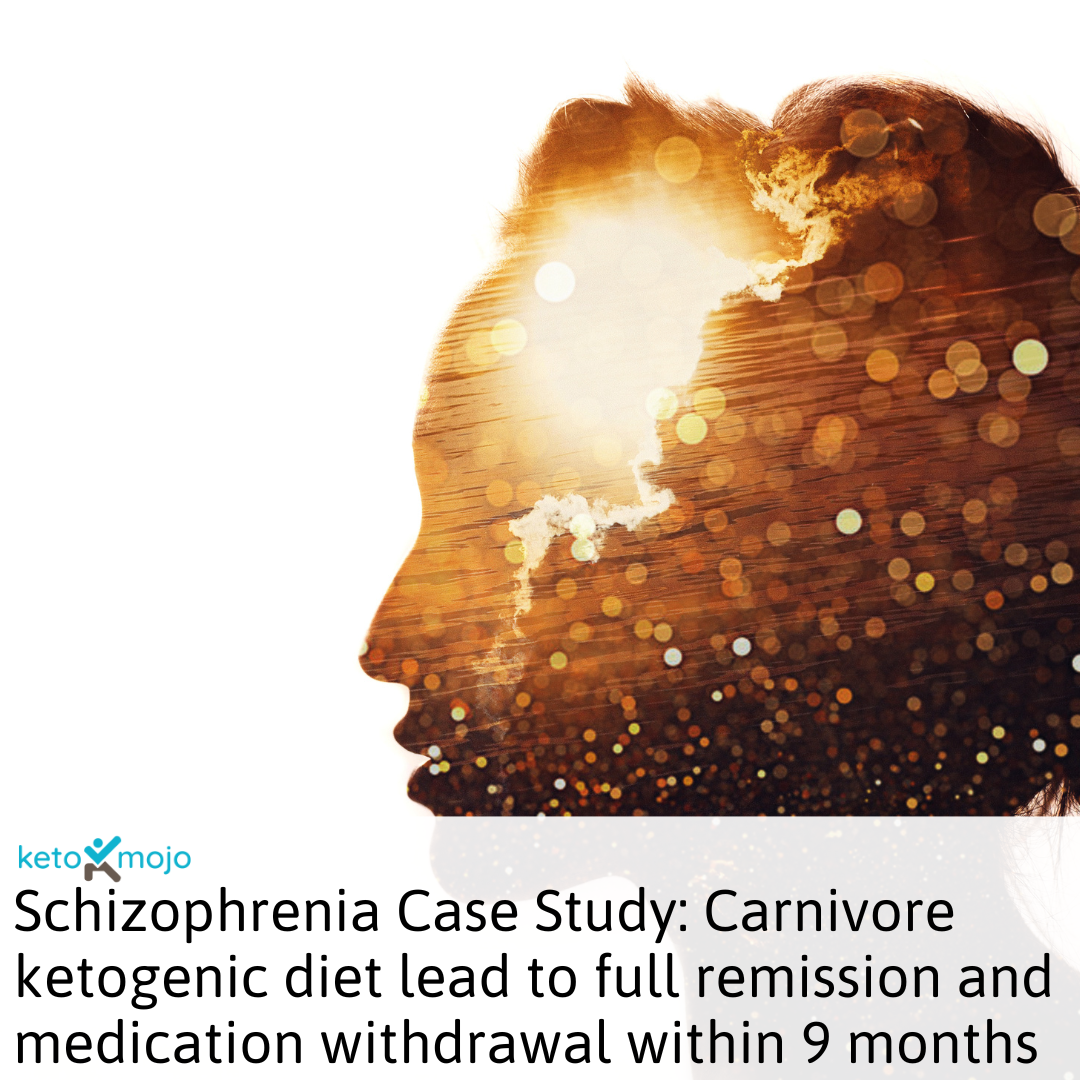Psychiatric Disorders
Ketogenic Metabolic Therapy for Schizoaffective Disorder: a retrospective case series of psychotic symptom remission and mood recovery

Schizoaffective disorder, characterized by mood disturbances and psychotic symptoms, often resists conventional treatment with medications, which can exacerbate metabolic dysfunction. Ketogenic metabolic therapy (KMT), a dietary approach focused on very low carbohydrate and high fat intake, has shown potential for improving psychotic symptoms and mood by targeting underlying metabolic issues such as brain glucose hypometabolism. A recent case series explored the potential of ketogenic metabolic therapy (KMT) in two women with treatment-resistant schizoaffective disorder.
Both women adopted a medically supervised ketogenic diet providing approximately 20 grams of net carbs daily with > 70% of calories from fat. They received nutritional guidance, supplementation, and regular support sessions. Their progress was monitored using standardized mental health assessments, including the Generalized Anxiety Disorder-7 (GAD-7), Depression Anxiety Stress Scales (DASS-42), and PTSD Checklist for DSM-5 (PCL-5). The women also measured blood ketones at home, targeting nutritional ketosis with a beta-hydroxybutyrate (BHB) level >0.8 mmol/L.
Results:
🔷 Case 1: 17-Year-Old Female
→ Severe symptoms––including suicidal ideation, hallucinations, and anxiety––resolved within 6 weeks of starting KMT.
→ Sustained improvements were observed over 24 weeks, with normalized scores on GAD-7, DASS-42, and PCL-5.
→ Gradual reduction of psychotropic medications occurred, with only one remaining by the end of the follow-up at 24 weeks.
→ Testing compliance was 63% for daily ketone measures, with BHB readings consistently >0.8 mmol/L.
🔷 Case 2: 32-Year-Old Female
→ Chronic psychotic symptoms and mood disturbances began improving after 2 weeks on the ketogenic diet, with full resolution within 6 months.
→ GAD-7 and DASS-42 scores indicated progressive symptom reduction, reaching zero by week 27 and maintaining stability for 52 weeks.
→ Patient successfully discontinued antipsychotic medications and reported improvements in body composition alongside psychiatric recovery.
→ Testing compliance was 93% for daily ketone measures, with BHB readings consistently >0.8 mmol/L.
This case series highlights the potential of KMT to achieve full remission of psychotic and mood symptoms in individuals with schizoaffective disorder. The findings underscore the need for further research into KMT as a therapeutic intervention for treatment-resistant psychiatric conditions.




